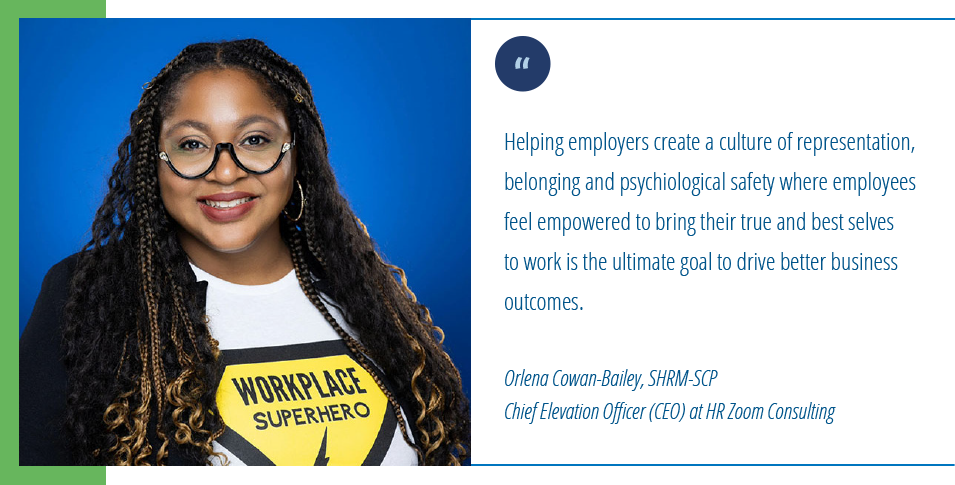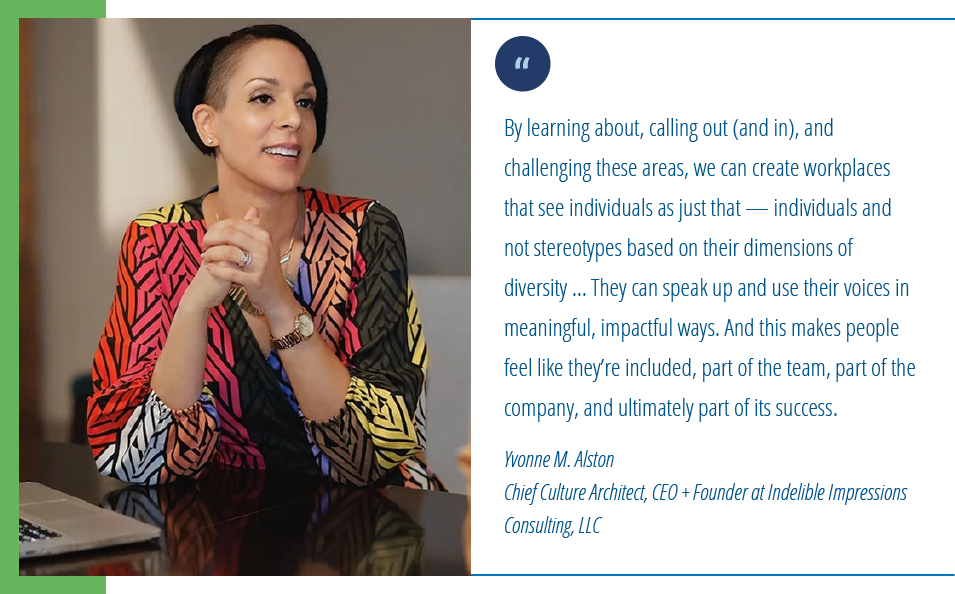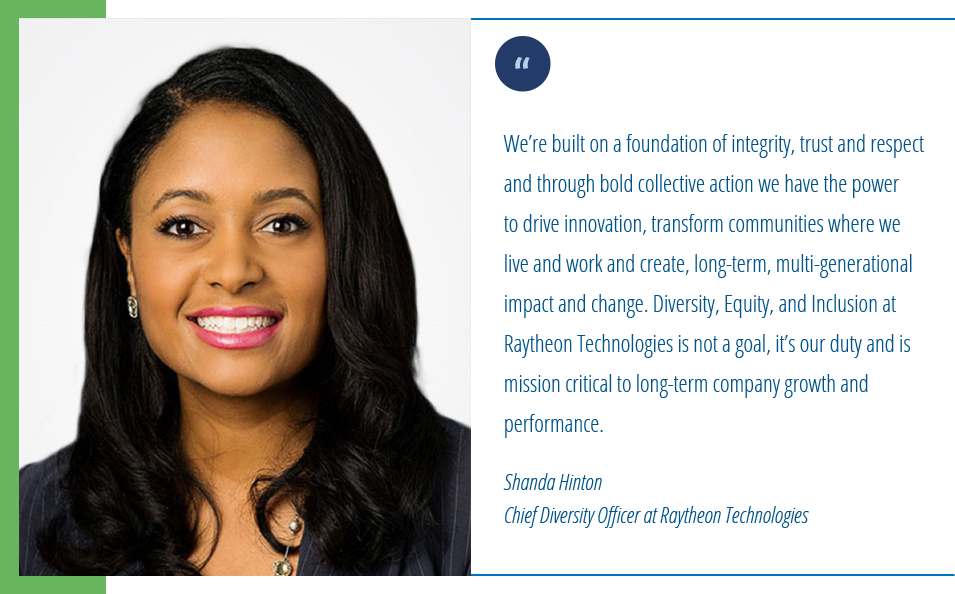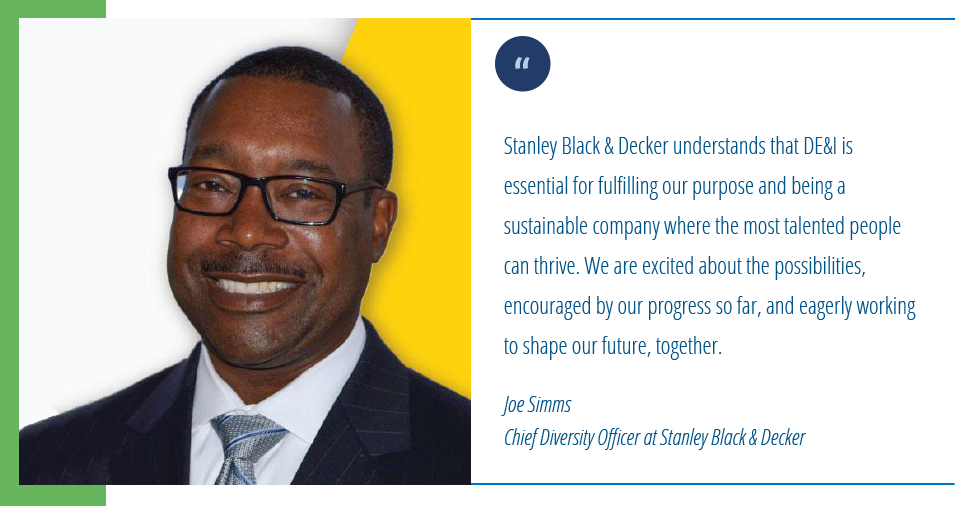
Employers across Connecticut are encouraging employees to bring their whole selves to work. They’re working together to prioritize diversity, equity, inclusion & belonging (DEIB) practices in the workplace. To get an inside look, five DEIB thought leaders share thoughts on how local companies are ensuring a level playing field in advancement and opportunity.
In Connecticut, inclusion isn’t just practiced – it’s actively uplifted. Across industries, local companies are making big changes. They’re hiring diversity officers; they’re challenging inequality, checking biases, and amending processes to be more inclusive. Leading the pack are 15 Connecticut companies that received perfect scores in the Human Rights Campaign Foundation’s 2022 Corporate Equality Index — and the rest of the state is following suit.

Organizations like SHRM are making sure Connecticut businesses of all sizes are focusing on inclusion. They know that employees who love their workplace tend to work harder and smarter — and feel more company loyalty. In fact, companies with an equitable and inclusive culture have a 72% higher employee engagement rate than those that don’t care for their workforce’s well-being or belonging.
So, how are they making changes? By driving inclusive practices holistically. Many Connecticut companies are hiring external consulting firms like Indelible Impressions and HR Zoom to help identify discriminatory barriers and close knowledge and behavior gaps.
This includes educating employees and leadership on unconscious bias and how to mitigate it. And, importantly, implementing tools that help remove bias from things like recruiting practices, hiring practices, and performance reviews.

Inequalities in the workplace happen when certain groups or individuals, typically members of historically marginalized groups, are not included in the overall standards of employee treatment. This could be unequal pay or advancement opportunities based on race or gender, or even behavioral standards differing for executives vs. non-managerial employees.
So, Connecticut companies are working to remove those barriers to level the playing field and allow all employees to feel seen, heard, and valued for their character, intellect, and skills.
Major Connecticut employers are shaking things up to achieve change. At Raytheon Technologies, nearly one-third of their U.S. workforce identifies as people of color, which is comparable to industry peers. Their plan for racial and ethnic diversity includes a focus on increasing the representation of people of color within the executive ranks and creating multigenerational equity programs for long-term change.

Likewise, Stanley Black & Decker is supporting not only racial equity but also gender equity. How? By offering DE&I-focused training and mentorship, as well as initiatives like their 10-point commitments to racial equity, an Executive Sponsorship Program to advance diverse workers in executive roles, a Women’s Network Employee Resource Group, a centrally led compensation center of excellence to help ensure equal pay for equal work, and much more.

Connecticut companies are working hard to create diversity in leadership development programs, equity through multigenerational change, and a sense of belonging by building up company cultures. Here’s to a more inclusive future!